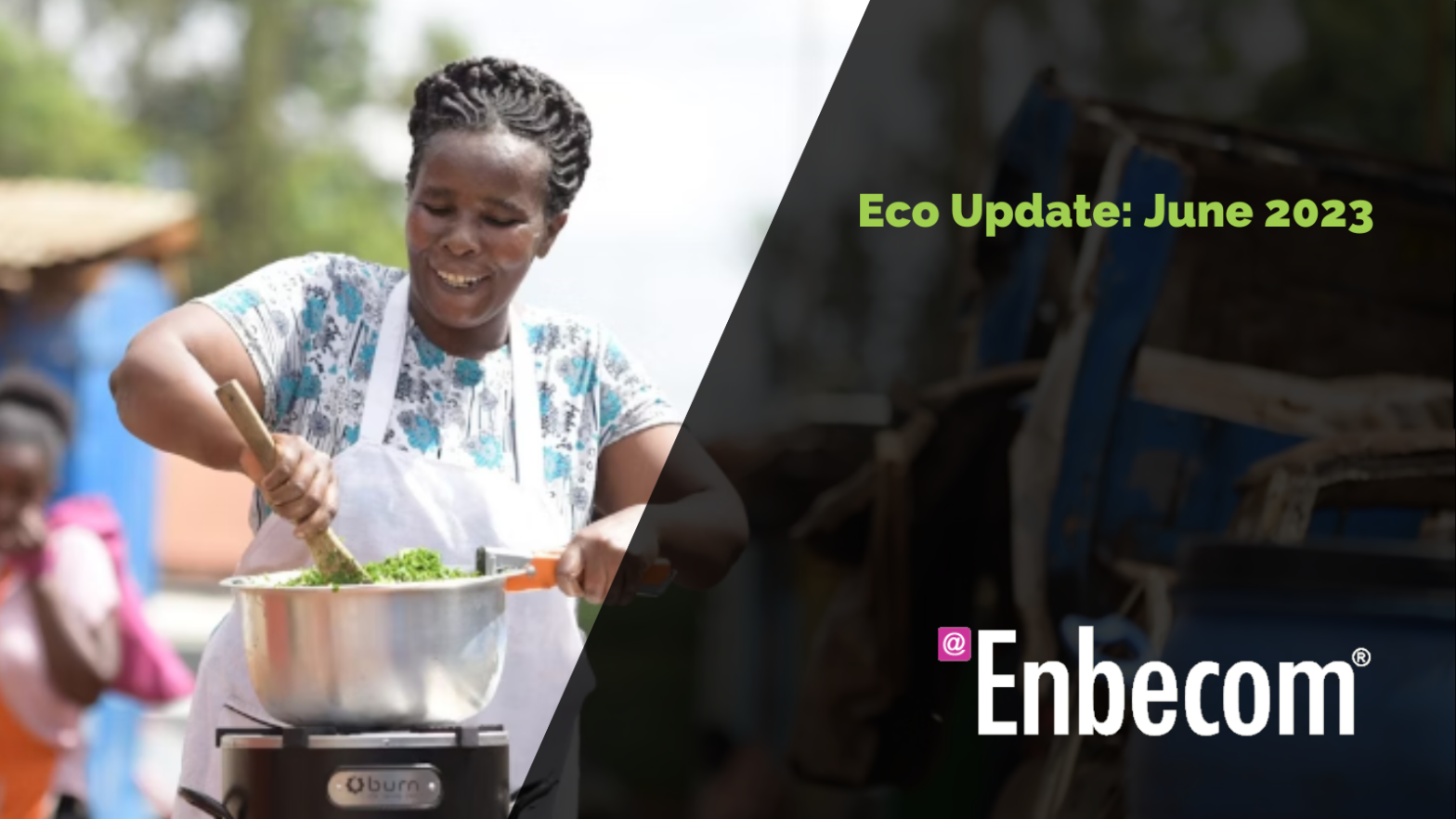We’re thrilled to have been able to help contribute to the support of two more fantastic projects through June, which not just help the planet but also people in the local communities.
Cleaner cookstoves in Keyna will mean 2,400,000 tonnes of woody biomass are saved every year, while over 1,000 children in Mexico have been educated about the importance and value of nature.
Distributing cleaner cookstoves in Kenya
Burning non-renewable biomass as a primary cooking fuel is prevalent in numerous countries worldwide. Unfortunately, the inefficient stoves used for this purpose contribute to unsustainable deforestation and burning more biomass than is essential leads to heightened greenhouse gas emissions, exacerbating climate change and compromising respiratory health due to indoor air pollution.
Kenya, where approximately 9 million individuals depend on biomass for cooking, will see significant benefits from the distribution of cleaner cookstoves. This initiative aims to provide fuel-efficient ‘Jikokoa’ cookstoves, which reduce charcoal consumption by 64%, lessening the strain on local forests and saving families money and time collecting fuel. They also decrease indoor air pollution by 65%, promoting better health outcomes for households reliant on these stoves.
Throughout the project’s lifespan, more than 380,000 cookstoves will be distributed, resulting in the avoidance of 4.3 million tonnes of CO2 emissions and a reduction in wood fuel demand by 2.4 million tonnes. The stoves are manufactured and distributed locally within a solar-powered facility, creating employment opportunities for over a thousand local residents. Studies have shown that this cookstove distribution project saves an average of 54 minutes of cooking time per day and significantly improves self-reported health outcomes.
Wind Power Project in Mexico
Mexico possesses substantial wind power potential, however, in 2009, Mexico’s wind power production accounted for just 0.13% of the global total. By 2020, wind power accounted for 6.36% of Mexico’s electricity supply, a significant increase from 0.24% in 2009. Expanding wind power capacity is crucial for Mexico’s transition away from fossil fuels, which currently contribute over 90% of the country’s energy.
The project aims to prevent an average annual emission of 245,015 tonnes of CO2e over its operational period (at least 20 years). It is part of a larger wind project that includes two other turbine sites and collaborating with local organizations, and various educational institutions, the project fosters sustainable development.
Funded by the project, health services in the local area have improved, providing cancer prevention information to 1,580 people, conducting workshops on sexual health for 1,000 youth, and constructing sports facilities. Education has also benefited, with grants for wind energy master’s degrees, a course on wind turbine design, and psychopedagogical support programs. The project has created local employment opportunities and contributed to biodiversity conservation through land restoration, wildlife protection programs, and environmental education for children.
You can help to support these projects when you purchase one of our hosting plans. You can also sign your business up with Ecologi. To learn more about these projects and other we have been supporting, see our profile here.

